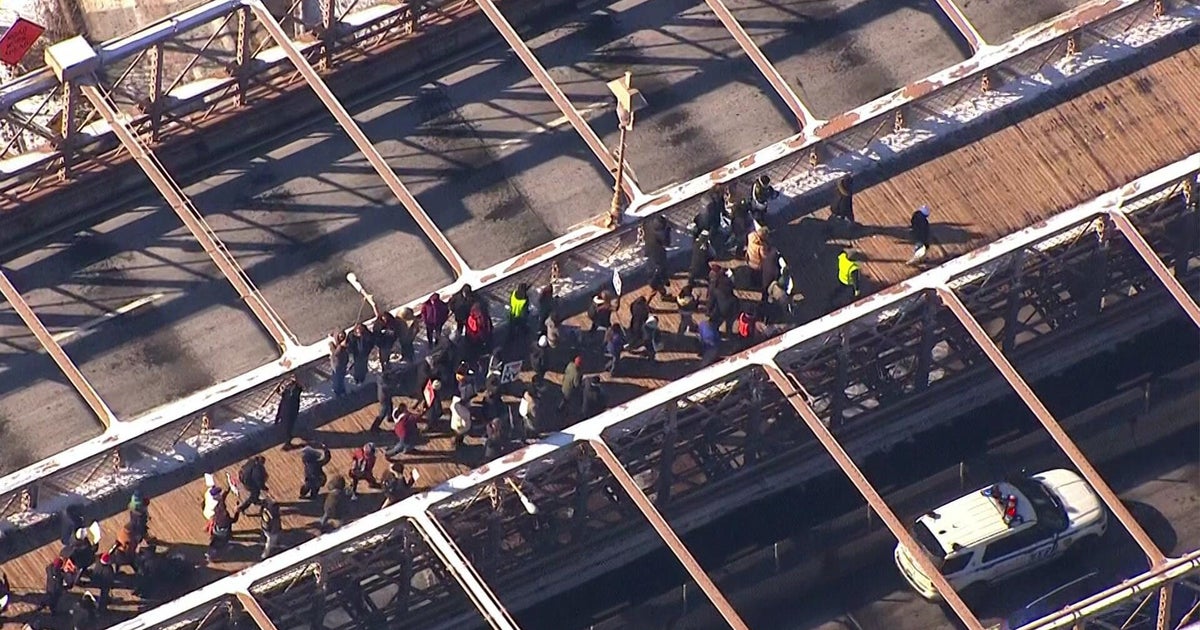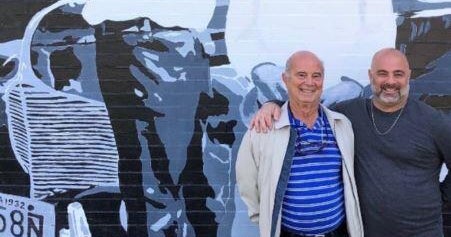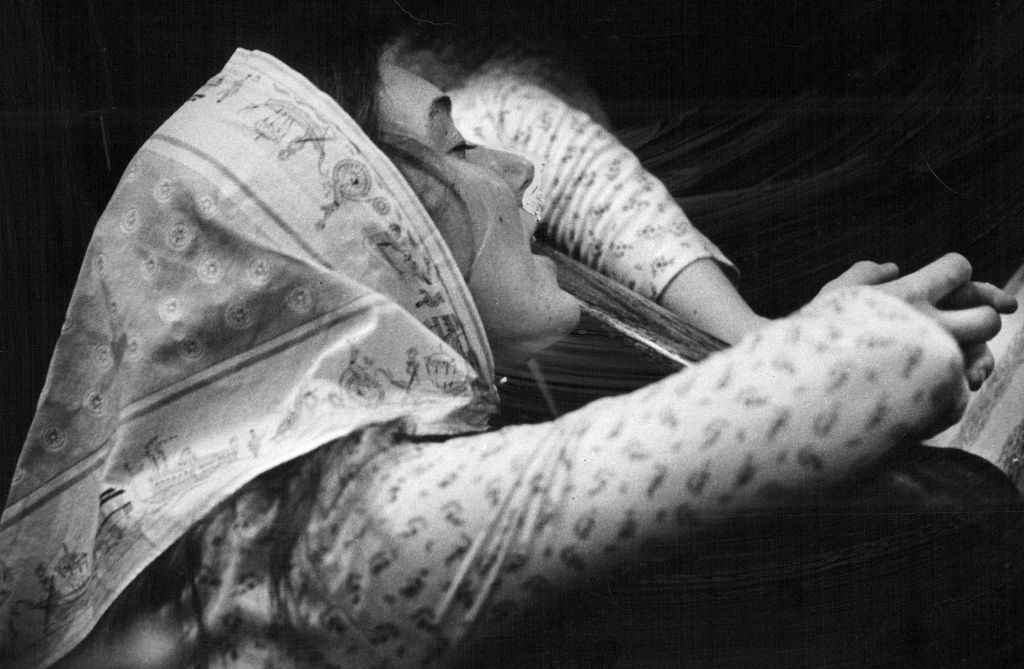Pope Francis apologizes for Catholic Church's "crimes" in Ireland
KNOCK, Ireland — Pope Francis issued a sweeping apology Sunday for the "crimes" of the Catholic Church in Ireland, saying church officials regularly didn't respond with compassion to the many abuses children and women suffered over the years and vowing to work for justice. Francis was interrupted by applause as he read the apology out loud at the start of Mass in Dublin's Phoenix Park.
Hundreds of miles away, somber protesters marched through the Irish town of Tuam and recited the names of an estimated 800 babies and young children who died at a Catholic Church-run orphanage there, most during the 1950s.
"Elizabeth Murphy, 4 months. Annie Tyne, 3 months. John Joseph Murphy, 10 months," the protesters said in memory of the children who were buried in an unmarked mass grave whose discovery was confirmed only last year.
Francis, who is on a weekend visit to Ireland, told the hundreds of thousands of people who turned out for Mass that he met Saturday with victims of all sorts of abuses: sexual and labor, as well as children wrenched from their unwed mothers and forcibly put up for adoption. Abuse allegations have taken their toll in the country, and church attendance has plummeted.
Responding to a plea from the adoptees, the pope assured their aging biological mothers that it wasn't a sin to go looking for the lost children they had lost. The woman had been told for decades that it was. "May the Lord keep this state of shame and compunction and give us strength so this never happens again, and that there is justice," he said.
Ireland has thousands of now-adult adoptees who were taken at birth from their mothers, who had been forced to live and work in laundries and other workhouses for "fallen women."
One forced adoptee, Clodagh Malone, said Francis was "shocked" at what the group that met with the pope told him and "he listened to each and every one of us with respect and compassion."
The survivors asked Francis to speak out Sunday to let all the mothers know that they did nothing wrong and that it wasn't a sin — as church officials had told them — to try to find their children later in life. They said the Argentine pope understood well their plight, given Argentina's own history of forced adoptions of children born to purported leftists during its 1970s military dictatorship.
"That is a big step forward for a lot of elderly women, particularly in the countryside in Ireland, who have lived 30, 40, 50, 60 years in fear," another adoptee, Paul Redmond, told The Associated Press. "That would mean a lot to them."
Francis' first day in Ireland was dominated by the abuse scandal and Ireland's fraught history of atrocities committed in the name of purifying the Catholic faith. He received a lukewarm reception on the streets, but tens of thousands of people thronged Dublin's Croke Park Stadium on Saturday night for a family rally featuring Ireland's famous Riverdance performers and tenor Andrea Boccelli.
The abuse scandal has devastated the church's reputation in Ireland since the 1990s and has exploded anew in the United States.
The American church's scandal took a new twist Sunday, when two conservative Catholic news outlets, the National Catholic Register and LifeSiteNews, published a letter attributed to a former Vatican ambassador to the U.S.
The letter attributed to Archbishop Carlo Maria Vigano accused Vatican officials of knowing about the sexual escapades of ex-Cardinal Theodore McCarrick since 2000, but making him a cardinal anyway. Francis accepted McCarrick's resignation as cardinal last month after a U.S. church investigation determined an accusation he molested a minor was "credible."
In the letter, Vigano said McCarrick initially was sanctioned by the Vatican in 2009 or 2010, but that Francis rehabilitated him in 2013 despite being informed of McCarrick's penchant to invite young seminarians into his bed.
The Vatican didn't immediately comment on the letter.
In Tuam, meanwhile, survivors of the Bon Secours Mother and Baby Home They lit candles and placed hundreds of pairs of tiny shoes around a tiny white coffin at the site near a sewage area on the home's former grounds where the babies and children were buried.
Irish government-appointed investigators reported last year that DNA analysis of selected remains confirmed the ages of the dead ranged from 35 weeks to 3 years old and were buried chiefly in the 1950s. The Tuam home closed in 1961.
An amateur Irish historian, Catherine Corless, led to the discovery of the grave after she tracked down death certificates for nearly 800 children who had died as residents of the facility, but could find a burial record for only one child.
Corless and Tuam survivors are seeking an apology from the pope, as well as a decision to exhume the children's remains to give them a proper church burial.
Jonathan Vigliotti contributed this report.





